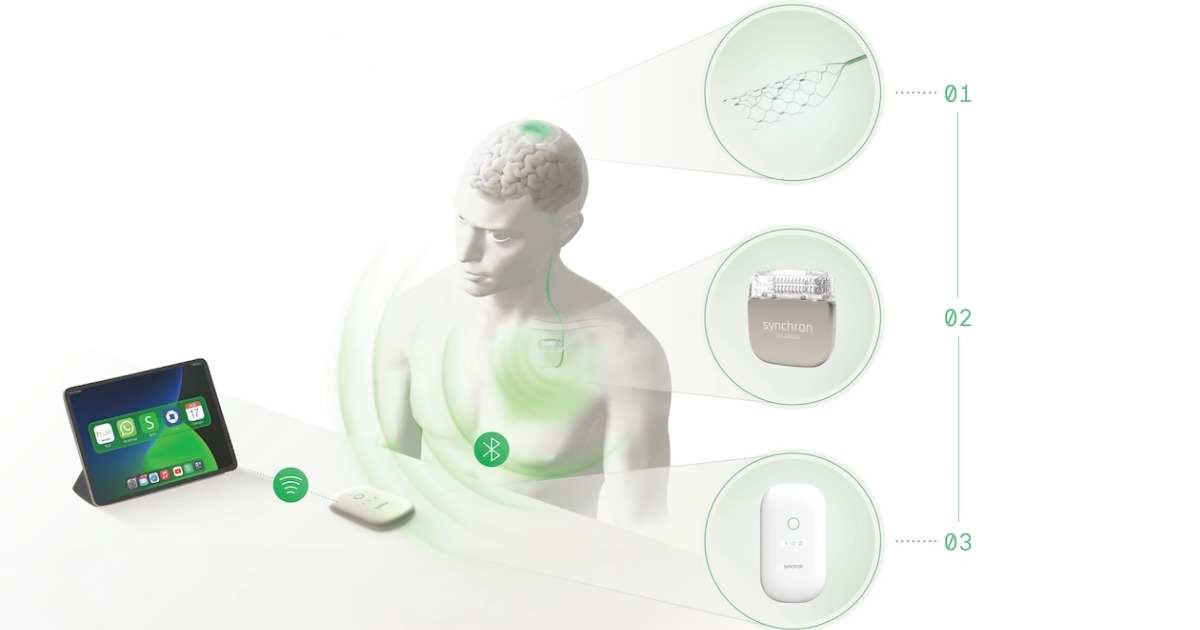A new survey measuring both consumers' and clinicians' attitudes toward mHealth finds that doctors aren't convinced that a smartphone can give them accurate clinical data.
According to the survey, conducted by WebMD and its Medscape subsidiary and unveiled this week at Health 2.0, almost half of the participants would consider using a smartphone for such tests as eye and ear examinations instead of visiting a doctor. But only about a third of doctors would replace the office visit with those tests.
The reason for provider reticence might be pretty easy to see: Doctors aren't getting reimbursed for mHealth diagnostic tests, whereas they would be able to charge for an office visit. mHealth advocates have long argued that until incentives are re-aligned to enable doctors to be pid for using mHealth and telehealth technology, the going will be slow for provider adoption.
That said, both doctors (63 percent) and consumers (64 percent) are in agreement that the smartphone can be a useful diagnostic tool with regard to blood tests, and both (69 percent of consumers and 84 percent of doctors) see technology as helping to improve the diagnostic process.
Nearly two-thirds of consumers and doctors believe that when lab-on-a-chip technology becomes feasible, it will replace the routine blood tests done at a doctor's office because the results would be available more quickly, enabling faster interventions when a problem is identified; the same goes for smartphone tests of heart rate and rhythm.
“While data show clear differences between patients and doctors in certain areas, most noticeably around who owns medical records, the two groups are coming ever closer in their embrace of new technology in medical practice,” Eric Topol, Chief Academic Officer of Scripps Health and Editor-in-Chief of Medscape, said in opening remarks at the Health 2.0 conference Tuesday in Santa Clara, Calif. “There is a growing understanding among physicians that patients have greater access to care and cost information and that is giving them greater voice in the decision-making process.”
The survey, which asked 1,102 consumers and 1,406 healthcare professionals (including 827 physicians) about their willingness to embrace digital technology, also uncovered hesitation among doctors to let their patients view their full medical records. In all, 91 percent of doctors surveyed said giving patients full access to their detailed electronic medical records could cause anxiety about results, while 84 percent felt it would lead to unnecessary requests for more medical tests. In contrast, 93 percent of consumers surveyed said this access would enable them to better manage their own health.
When asked who owns medical records, 54 percent of consumers and 38 percent of doctors said the patient owns the record, while 39 percent of doctors and 23 percent of consumers said the doctor owns the data. This indicates a general confusion about who owns what. As the Texas Medical Association notes, "Although the medical record contains patient information, the physical documents belong to the physician. Indeed, the medical record is a tool created by the physician to support patient care and is an asset of the practice."
Meanwhile, 58 percent of consumers and 77 percent of physicians agreed that doctors should review test results before sharing them with patients.
Interestingly, despite the rash of data breaches hitting healthcare these days, 58 percent of consumers and 60 percent of doctors don't see privacy and security issues as a barrier to the development of mHealth technologies.
Related articles:
Mobile apps: Vulnerable for the foreseeable future
Can smartphones really cut it as diagnostic tools?
mHealth masters: Continua's Chuck Parker says the time is right for smartwatches


